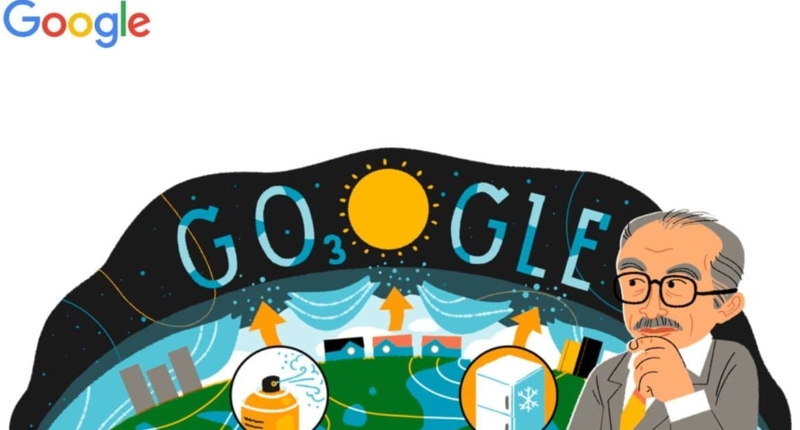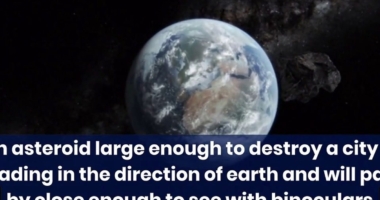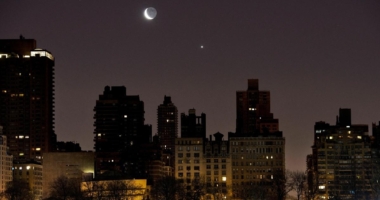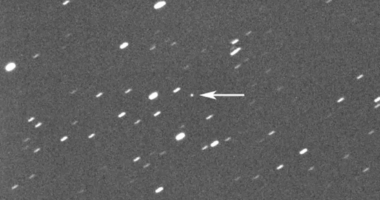Google Doodle celebrated the 80th birthday of Dr. Mario Molina, a Mexican chemist known for his pioneering work on the impact of chemicals on the ozone layer. Molina’s work earned him a Nobel Prize in Chemistry and helped form the foundation of the Montreal Protocol, an international treaty for environmental protection. Molina’s fascination with science started at a young age, and he went on to earn degrees from the National Autonomous University of Mexico and the University of Freiburg in Germany. His discovery about the impact of chlorofluorocarbons on the ozone layer in the early 1970s revolutionized the field of environmental science and brought attention to the need for protecting the planet. Google honored Dr. Molina’s legacy and contributions with a special doodle on his 80th birthday, and his work continues to inspire research and advocacy for environmental protection.
The Legacy of Dr. Mario Molina: Google Doodle Celebrates his 80th Birthday
On March 19, 2023, Google Doodle celebrated the 80th birthday of Dr. Mario Molina, a Mexican chemist who made groundbreaking contributions to the field of environmental science. Molina’s work on the impact of chemicals on the ozone layer earned him a Nobel Prize in Chemistry and helped form the foundation of the Montreal Protocol, a critical international treaty for environmental protection.
A Fascination with Science
Dr. Mario Molina was born in 1943 in Mexico City and showed an early fascination with science. As a child, he transformed his bathroom into a laboratory and used a toy microscope to observe microbial beings. Molina went on to earn a bachelor’s degree in chemical engineering from the National Autonomous University of Mexico before pursuing an advanced degree from the University of Freiburg in Germany.
After completing his education, Molina conducted postdoctoral research at the University of California, Berkeley, and the Massachusetts Institute of Technology. It was during this time that he made his groundbreaking discovery about the impact of chlorofluorocarbons (CFCs) on the ozone layer.
A Pioneering Discovery
In the early 1970s, Molina and his colleagues found that CFCs, which were commonly used in air conditioners, refrigerators, and aerosol sprays, were depleting the earth’s ozone layer. The ozone layer is essential for protecting living beings from the sun’s harmful ultraviolet rays, and Molina’s findings shed light on the devastating impact of synthetic chemicals on the environment.
Molina and his team published their findings in the journal Nature, which led to international recognition of the importance of protecting the ozone layer. The discovery also earned Molina and his colleagues a Nobel Prize in Chemistry and formed the basis of the Montreal Protocol, which called for a ban on the production of 100 chemicals that depleted the ozone layer.
A Timeless Legacy
Dr. Mario Molina’s contributions to the field of environmental science and protection continue to be celebrated and recognized today. His dedication and pioneering work inspired a new wave of research and advocacy for environmental protection, and his legacy lives on through the Montreal Protocol and the ongoing fight against climate change.
In honor of Dr. Molina’s 80th birthday, Google has celebrated his life and achievements with a special doodle. The Mexican chemist’s work is a testament to the power of scientific inquiry and the importance of protecting our planet for future generations.
Don’t miss interesting posts on Famousbio










